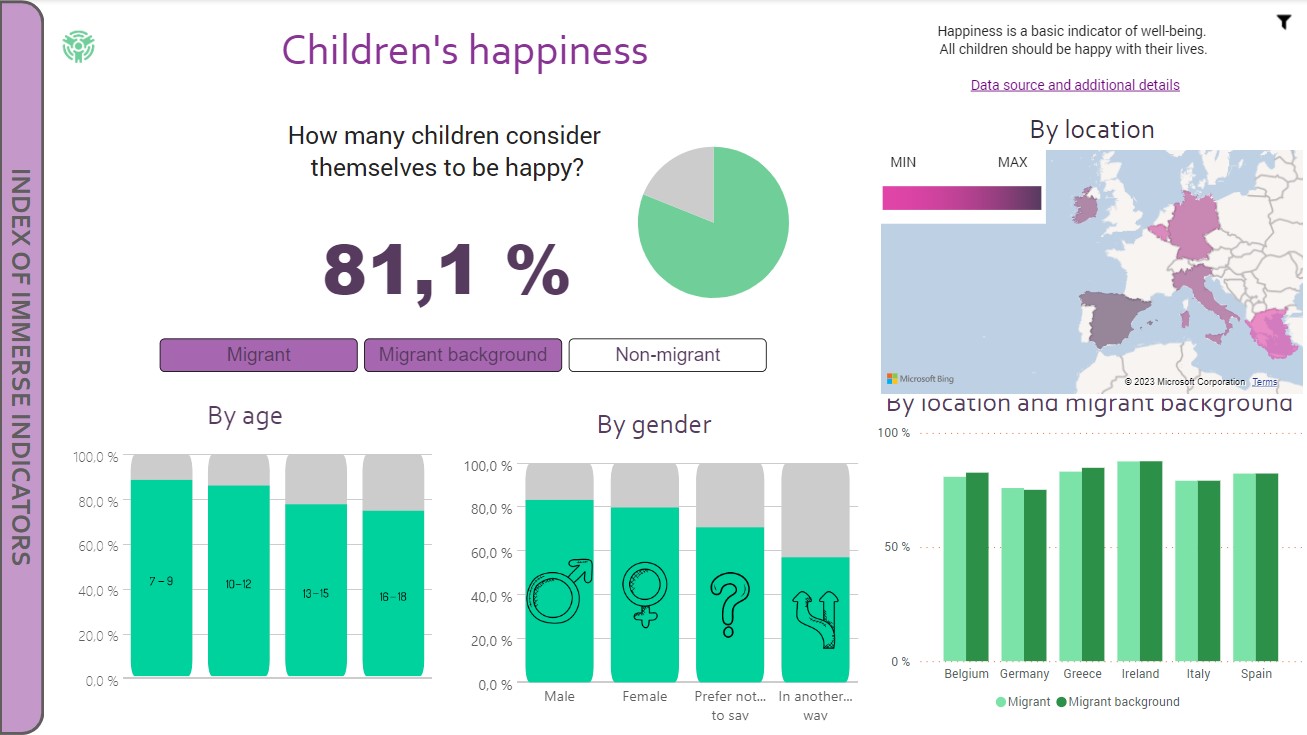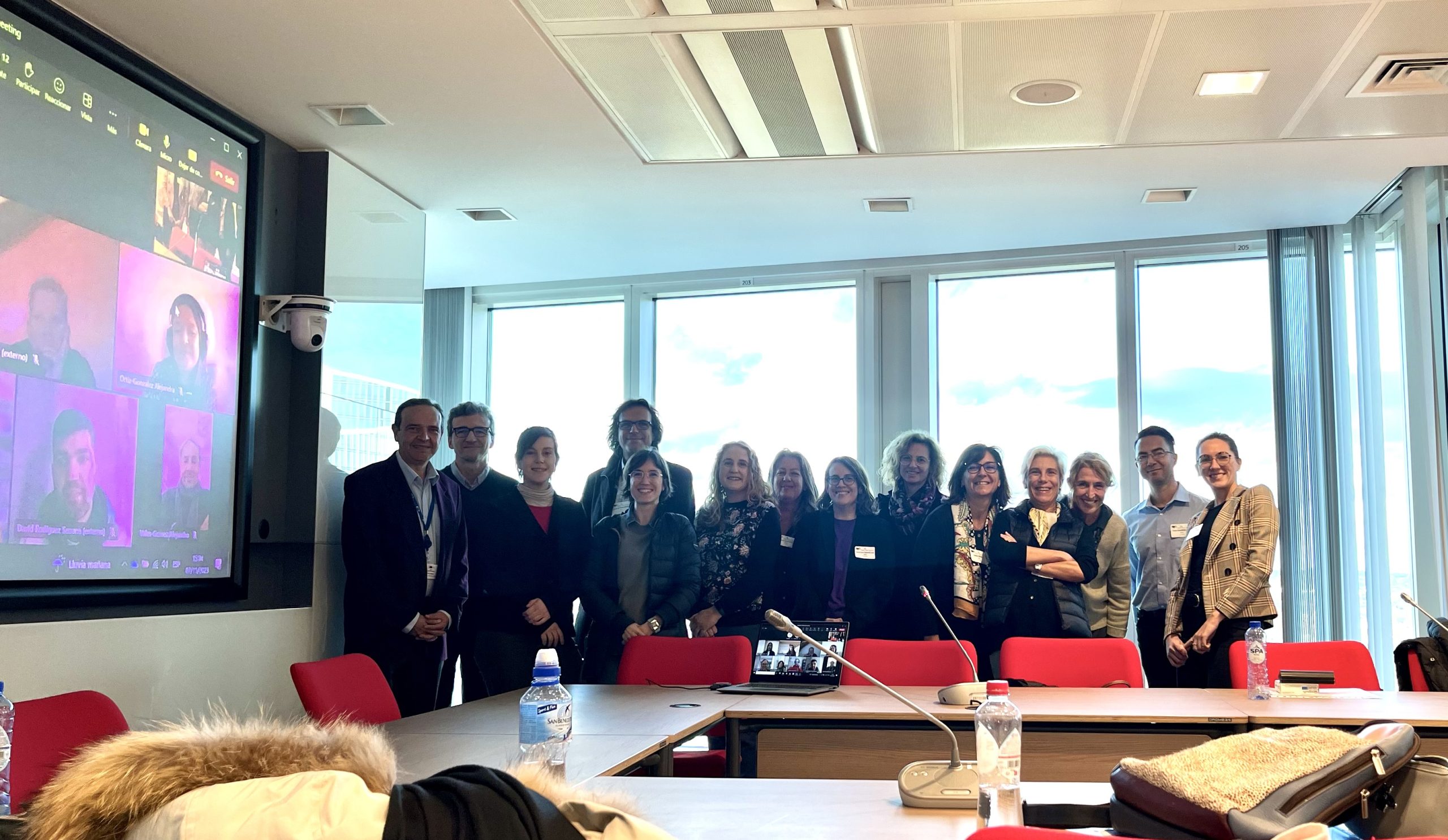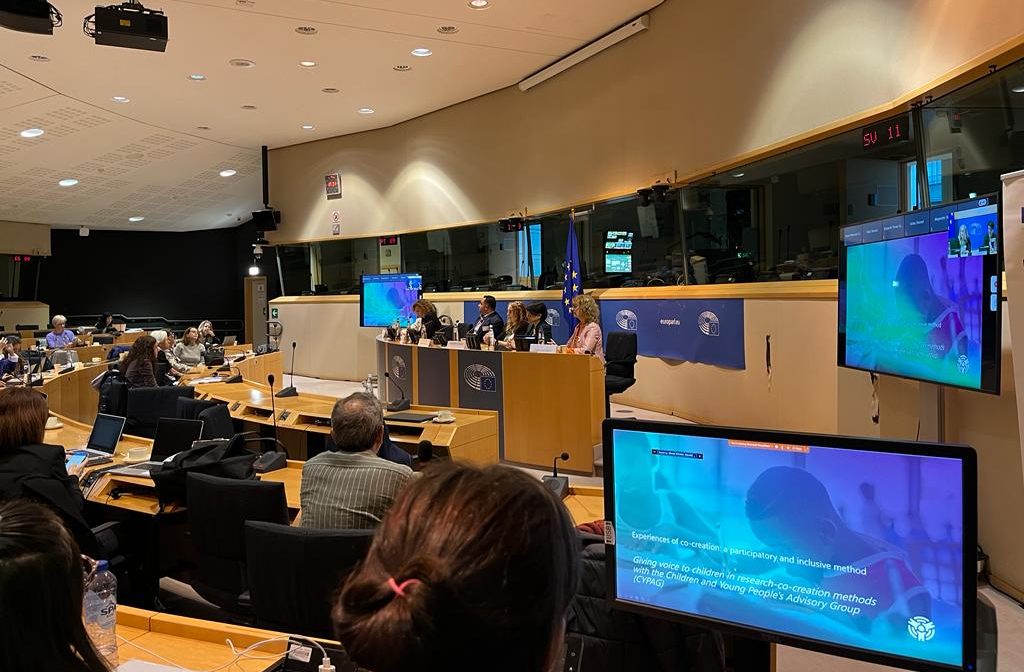Description
The Transfer Initiative Programme Family has the overall aim of supporting and advancing better coordinated education management in districts and independent cities of Germany. Within the programme, one of the ongoing project is the “Municipal Coordination of Educational Opportunities for Newly Arrived Immigrants”, which was launched in 2015. It focuses on supporting cities and districts in setting up a regional education management in order to offer suitable educational opportunities for all citizens in all phases of life and to make them fit for the future. The aim is to promote participation in education as the key to the social integration of new immigrants. For this purpose, 321 independent cities and districts were and are being funded. For some, the programme was the first step towards data-based municipal education management. The methodology includes mapping of landscapes, structures, and stakeholders within municipalities, interdisciplinary work and coordination, establishment of working groups, and needs assessment. The programme is funded by the German Federal Ministry of Education and Research (and the European Social Fund of the European Union for the Transfer Agencies).
- Access to compulsory education
- Children complete compulsory education
- Children remain in (formal) education beyond compulsory levels / Access to (formal) non-compulsory education
- Children's academic skills
- Institutions
- Teachers
- Types & levels of (formal) non-compulsory education attended
Evaluation ex post
Minor - Wissenschaft Gesellschaft mbH (Science, Society) was commissioned to review the achievement of the objectives of the funding programme "Municipal Coordination of Educational Opportunities for New Immigrants". This included the question of the extent to which structures, processes and products could be sustainably anchored in the cities and districts. In addition, it is the task of the accompanying scientific research to identify exemplary successful models.
To investigate sustainability and permanence, the scientific support provided by Minor uses a model that was designed for the evaluation of sustainability in integration projects and further developed to investigate the sustainable anchoring of a municipal education management system in the "Lernen vor Ort" (Learning Locally) programme.
In the 2018 survey, 306 of the 321 programme municipalities participated. In 2019, responses were received from 255 municipalities and in 2020 from 250 municipalities.
In the past five years, the programme municipalities have developed a variety of approaches to education coordination for new immigrants.
Projects’ deliverables
See links below.
Reproducibility
Materials are available to promote reproducibility (see links below).
Motivation for the submission
The approach is holistic as it targets all educational opportunities along biographies and combines life-long learning and the integration of new immigrants with a strong communal responsibility.



